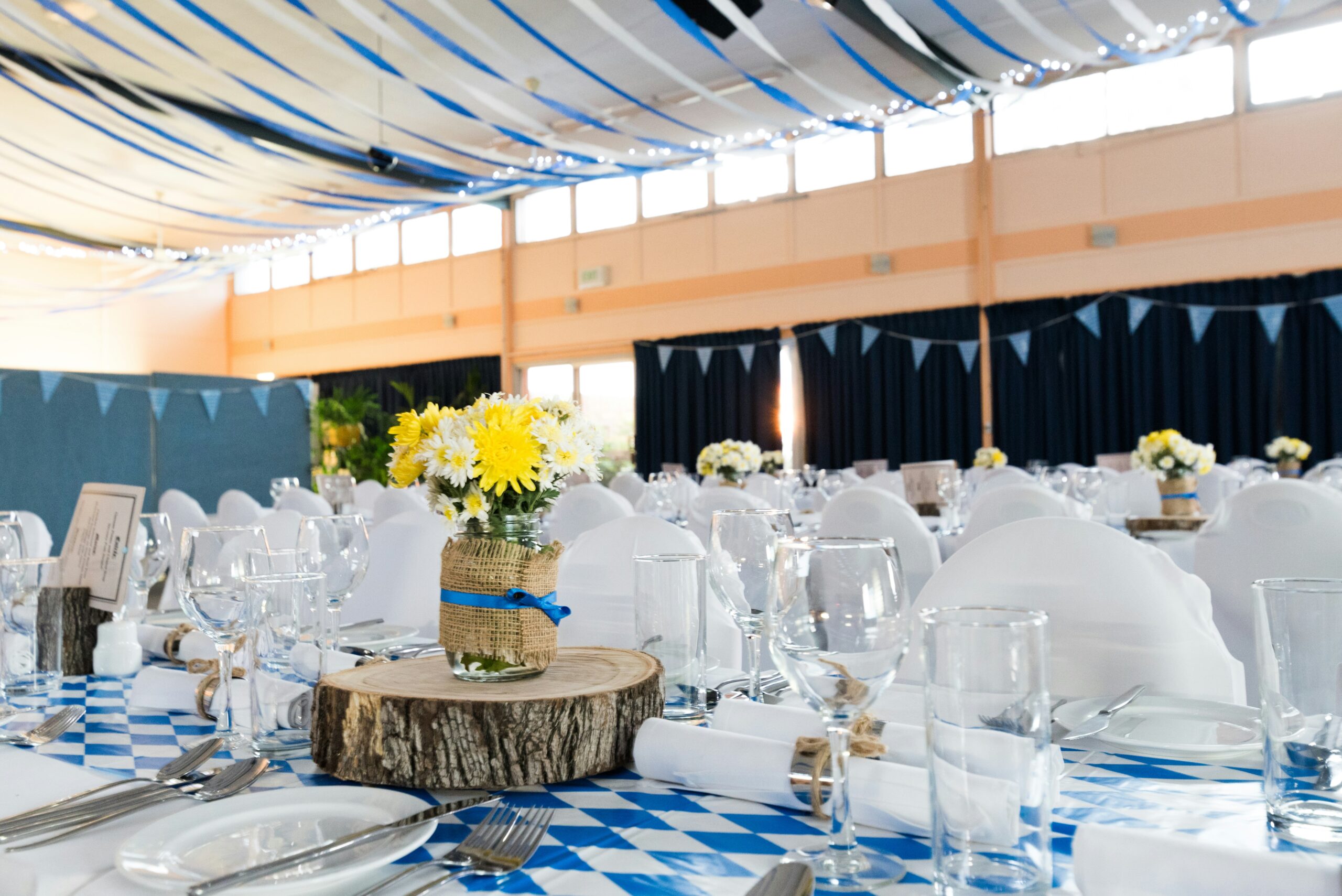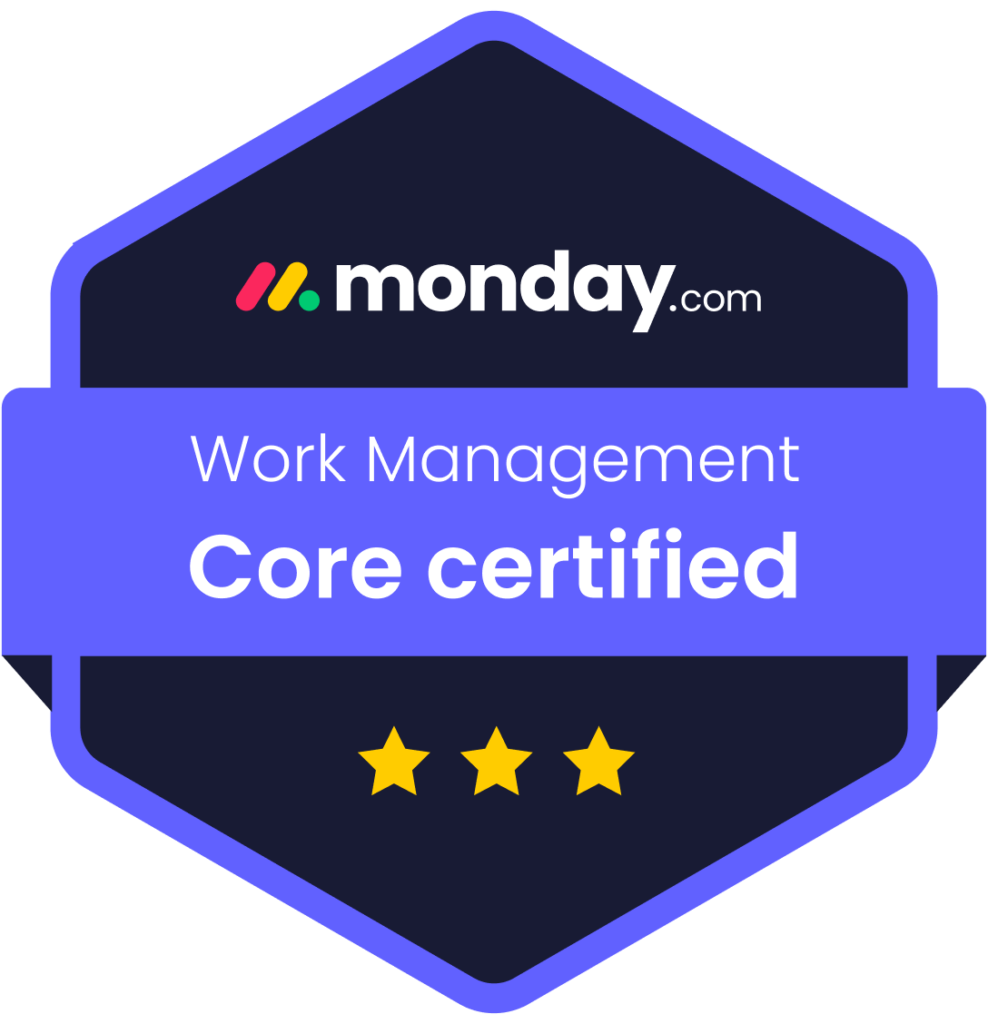In the competitive world of event planning, standing out online is crucial for attracting clients and securing bookings. With millions of searches conducted daily, knowing how to optimize your online presence is essential for ranking higher on Google. This article will guide you through effective strategies to improve your search engine visibility as an event planner, ensuring potential clients can easily find your services.
Understanding SEO for Event Planners
Search Engine Optimization (SEO) refers to the practice of enhancing your website and online presence to rank higher in search engine results pages (SERPs). For event planners, effective SEO can help attract local clients and showcase your expertise.
Why SEO Matters for Event Planners
- Increased Visibility: Higher rankings on Google mean more visibility, leading to increased traffic to your website.
- Credibility and Trust: Websites that appear on the first page of search results are often perceived as more credible and trustworthy by users.
- Targeted Audience: Optimizing for specific keywords helps attract clients who are actively searching for event planning services.
Key Strategies to Rank Higher on Google
To improve your online visibility and attract more clients as an event planner, consider implementing the following strategies:
1. Optimize Your Website for Search Engines
Your website serves as the foundation of your online presence. Optimizing it for search engines is crucial for ranking higher in search results.
Essential Website Optimization Techniques:
- Keyword Research: Identify relevant keywords and phrases that potential clients use to search for event planning services, such as “wedding planner in [Your City]” or “corporate event planning.”
- Meta Tags: Ensure that title tags and meta descriptions include target keywords and accurately reflect the content of each page.
- Header Tags: Use header tags (H1, H2, H3) to structure your content, making it easier for search engines to understand the hierarchy of your information.
2. Create High-Quality Content
Content is a significant factor in SEO rankings. Creating valuable, informative, and engaging content can help establish your expertise and attract potential clients.
Content Ideas for Event Planners:
- Blog Posts: Write informative articles on topics related to event planning, such as tips for organizing successful events or trends in the industry.
- Case Studies: Share detailed case studies showcasing your past events, highlighting your planning process, challenges faced, and successful outcomes.
- Visual Content: Use high-quality images and videos from your events to showcase your work and engage visitors.
3. Leverage Local SEO
As an event planner, your target audience is often local. Implementing local SEO strategies can help you attract clients in your area.
Local SEO Best Practices:
- Google My Business Listing: Claim and optimize your Google My Business listing with accurate information about your services, location, and contact details.
- Local Keywords: Include local keywords in your website content, such as the name of your city or region, to improve local search rankings.
- Local Citations: Ensure your business information is consistent across online directories and platforms, such as Yelp, Yellow Pages, and local event websites.
4. Build Backlinks
Backlinks from reputable websites can significantly boost your search rankings. They signal to search engines that your website is credible and trustworthy.
Strategies for Building Backlinks:
- Guest Blogging: Write guest posts for industry-related blogs or websites, linking back to your site within the content.
- Collaborate with Local Vendors: Partner with local vendors and venues, and request backlinks to your website from their sites.
- Engage in Online Communities: Participate in forums and social media groups related to event planning, sharing your expertise and linking back to relevant content on your website.
5. Optimize for Mobile Users
With a growing number of users searching for services on mobile devices, ensuring your website is mobile-friendly is essential.
Tips for Mobile Optimization:
- Responsive Design: Use a responsive web design that adapts to various screen sizes, ensuring a seamless user experience.
- Fast Loading Speed: Optimize images and minimize code to improve your website’s loading speed on mobile devices.
- Simple Navigation: Make it easy for mobile users to find information about your services, portfolio, and contact details.
6. Utilize Social Media
Social media platforms can drive traffic to your website and enhance your overall online presence. Engaging with your audience on social media can also improve your SEO indirectly.
Effective Social Media Strategies:
- Share Valuable Content: Regularly post informative articles, tips, and updates about your events on social media platforms.
- Engage with Followers: Respond to comments and messages promptly to build relationships with your audience and encourage sharing.
- Promote Your Website: Share links to your website, blog posts, and case studies on your social media profiles to drive traffic.
Measuring Your SEO Success
To determine the effectiveness of your SEO efforts, tracking and analyzing your performance is essential.
Key Metrics to Monitor:
- Organic Traffic: Use tools like Google Analytics to track the number of visitors coming from organic search results.
- Keyword Rankings: Regularly check how your targeted keywords are ranking in search results and adjust your strategy as needed.
- Conversion Rates: Analyze the percentage of visitors who take desired actions, such as filling out contact forms or requesting quotes.
Staying Updated with SEO Trends
SEO is constantly evolving, and staying informed about the latest trends and best practices is crucial for maintaining your rankings.
Ways to Stay Informed:
- Follow SEO Blogs: Subscribe to reputable SEO blogs and newsletters to receive updates on algorithm changes and industry insights.
- Participate in Webinars: Attend webinars and online courses focused on SEO strategies and tactics.
- Network with Other Professionals: Connect with other event planners and digital marketers to share insights and learn from each other’s experiences.
Conclusion
Ranking higher on Google as an event planner requires a combination of effective SEO strategies, high-quality content creation, and a strong online presence. By optimizing your website, leveraging local SEO, building backlinks, and engaging on social media, you can improve your search engine visibility and attract more potential clients.
Regularly measuring your SEO success and staying updated with the latest trends will ensure that your event planning business remains competitive in the digital landscape. With commitment and the right approach, you can successfully enhance your online presence and grow your client base as an event planner.












